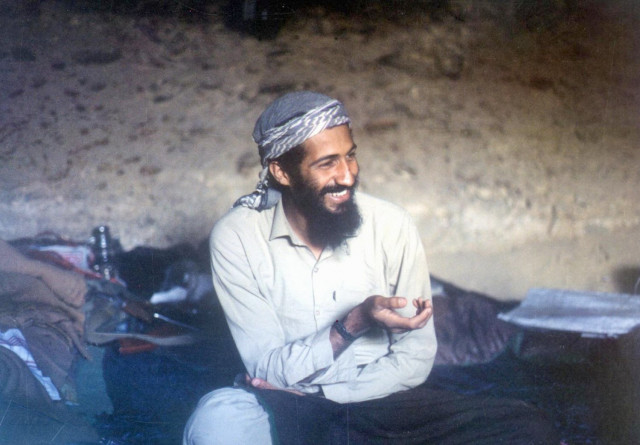Questions raised over legality of Osama's killing
Concern being raised regarding legality and morality of what increasingly appears to have been a summary execution.

Concern is being raised regarding the legality and morality of what increasingly appears to have been a summary execution.
Human rights organisations remain cautious in passing judgement in the absence of details surrounding the operation. On May 6 the UN's special rapporteur on extra-judicial, summary or arbitrary execution asked the US to disclose the full facts around Osama Bin Laden's death so that he can ascertain its legality.
For many in Britain legal niceties are irrelevant in the face of the monstrosity of Bin Laden's crimes. Writing in The Telegraph, Christine Odone says that “Shooting Osama, even if he was naked and vulnerable as a baby was an act of deliverance. No doubt there.”
Britain's Prime Minister David Cameron quickly echoed President Obama's 'justice has been done' by describing the operation as “justified, lawful and right”.
Others are not so sure. The Archbishop of Canterbury, spiritual head of Britain's mainstream Anglican community said on May 5th “I think the killing of an unarmed man is always going to leave a very uncomfortable feeling, because it doesn't look as if justice is seen to be done”.
Writing in The Independent, Geoffrey Robertson, QC and author of 'Crimes Against Humanity' says that real justice, through arrest, trial and sentence may have been difficult but should have been attempted. He points out that even the Nazi leadership were given a fair trial at Nuremberg by President Truman.
Others have responded that the Nuremberg trials followed Germany's surrender and the assassination of any of these same leaders while the war was continuing would have raised no eyebrows.
The fundamental point on which the legality of the operation appears to depend is whether the United States can be said to have been 'at war' with the terrorist network al Qaeda.
The US claims that it was at war with al Qaeda and that Bin Laden was a combatant. US Attorney General Eric Holder has termed the operation as justified as an act of national self-defence. “It's lawful to target an enemy commander in the field” he told the Senate Judiciary Committee adding that if Bin Laden had attempted to surrender then the response may have been different.
The situation is a little more complex, explains international law professor Claus Kress in Der Spiegel titled 'Justice, American Style'. According to Kress, the US could arguably have been said to be at war with Al Qaeda when it invaded Afghanistan in 2001when the Taliban government was ostensibly backing the terrorist organisation and allowing it to operate bases in the country. The laws of war, he explains, permit the targeted killing of non state combatants provided they are organised in units with a military like character and they are either armed fighters or a leader giving orders. It is not clear whether bin Laden still had the authority to issue commands as the head of a quasi-military organisation.
The White House initially claimed that Bin Laden put up 'resistance' and has also defended the killing by saying that he 'may have been reaching for a gun'. This appears to be aimed at covering the eventuality that Bin Laden is not deemed to be an army combatant. In that event, he should have been treated as a suspect in a crime and brought to trial and killing him can be justified only as an act of self defence.
“Governments must never descend to the immorality of cold-blooded killers such as Bin Laden” writes the Daily Mirror in an editorial. Many would argue that in fighting its 'war on terror' the US has too often crossed the line that distinguished it from its enemies.



















COMMENTS
Comments are moderated and generally will be posted if they are on-topic and not abusive.
For more information, please see our Comments FAQ